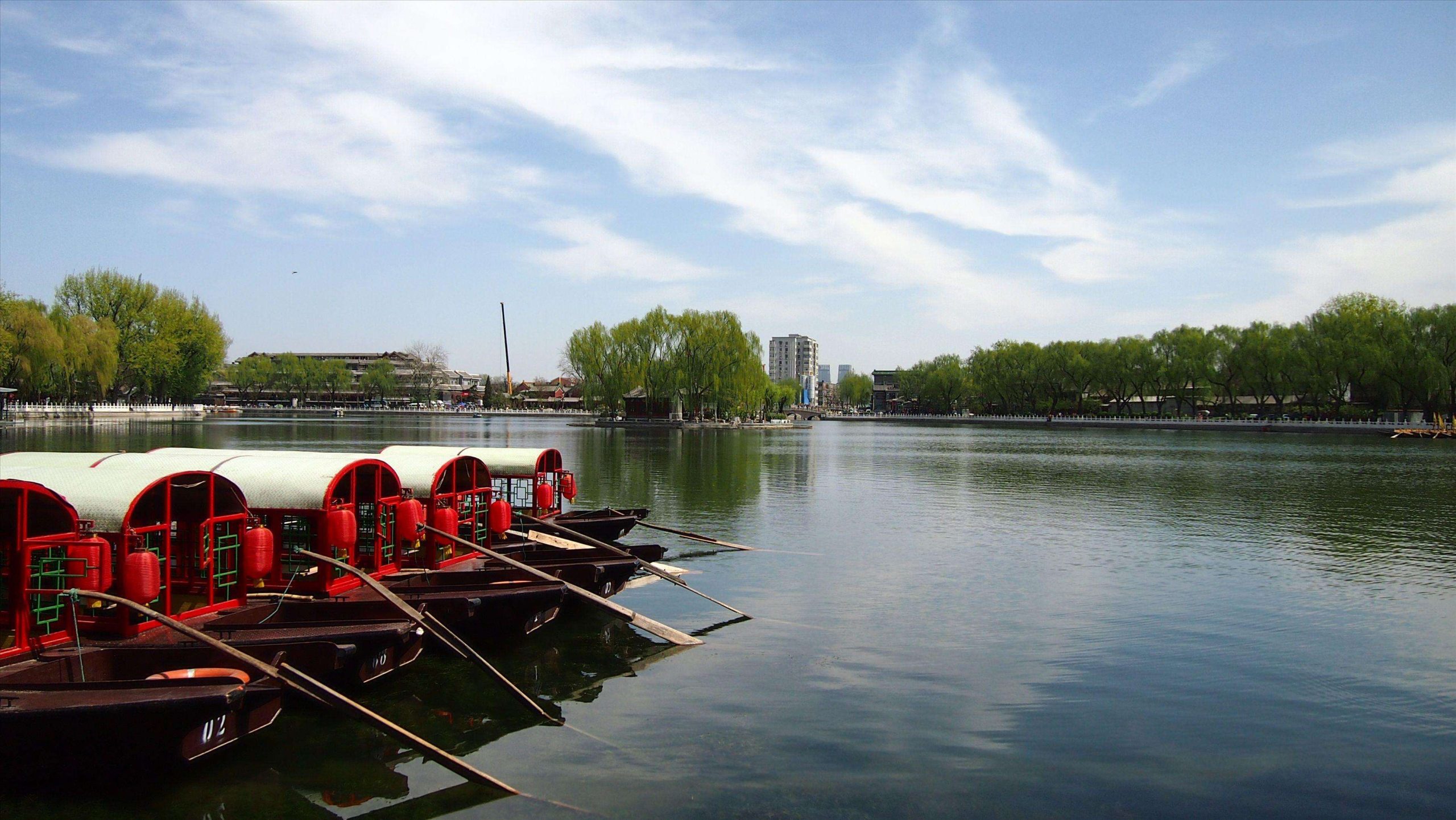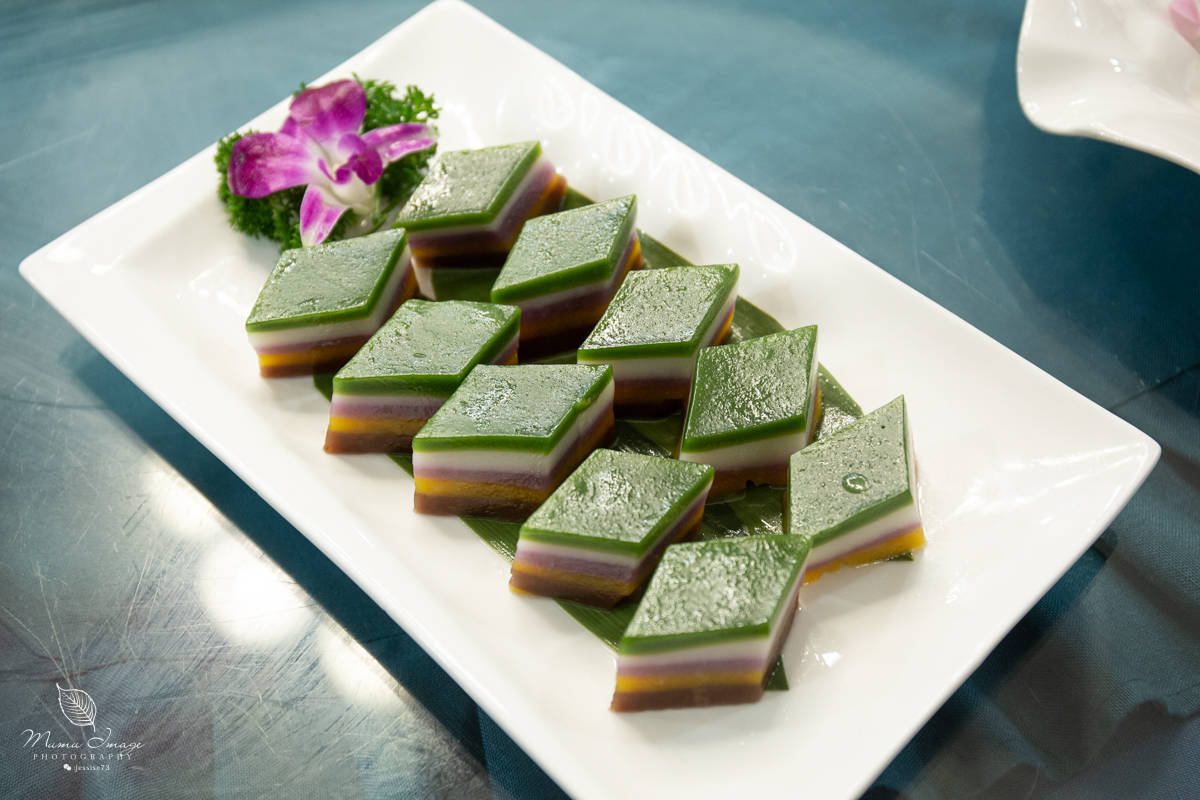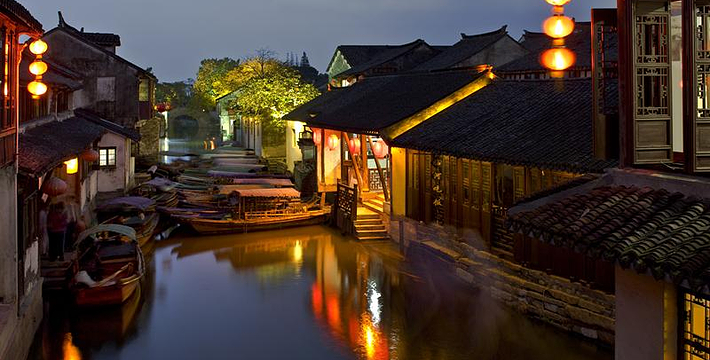An Insider’s Guide to the Hidden Life of Jiangnan Water Towns Authentic Experiences
Discover the Secret Rhythm of China’s Ancient Canals Beyond the Tourist Crowds
Jiangnan’s water towns have postcard-perfect images. They’ve long attracted travelers. Think elegant stone bridges, winding canals, and white houses with black roofs. Yet most visitors see only the surface beauty, missing the deeper cultural heartbeat that continues to pulse in these ancient settlements. For those willing to look beyond the souvenir shops and crowded walkways, the real Jiangnan awaits: a world of quiet mornings, age-old culinary traditions, and magical evenings when the towns belong again to those who call them home.
The Magic Hour: Nanxun Before Dawn

Set your alarm for 5 AM. While day-trippers are still sleeping in their Shanghai hotels, you’ll be witnessing Nanxun at its most authentic. As morning mist rises from the canals, the only sounds are the soft lapping of water and the occasional creak of an old wooden door opening. Elderly tai chi practitioners move slowly together by the water. Fishermen check their nets. Shopkeepers sweep their doorsteps with traditional bamboo brooms.
Go to the Hundred Rooms residential area. 明清时期 (Ming and Qing dynasties) buildings line the canal for nearly 400 meters. At this time, a local family might invite you to share breakfast. Maybe a simple bowl of congee with pickled vegetables. Or fresh wontons made from a recipe passed down through generations. No crowds make photography easy. It’s not an exercise in patience anymore—it’s pure joy. The still canal waters have perfect reflections. Soft morning light lights up old stone carvings.
The Art of Jiangnan Tea Cuisine

Around 9 AM, the first tour groups start to arrive. Slip away to a traditional tea house or a private home. Join a hands-on Jiangnan snack-making class. Local people will guide you. You’ll learn to make delicate flower-shaped pastries and sweet rice dumplings. People in this region have served these with tea for centuries.
Madam Zhang is a Nanxun local. She teaches traditional cooking in her centuries-old home. She says: “Most tourists buy snacks. But few understand the stories behind them. The zigzag pattern on these pastries stands for the winding canals. The sweet fillings celebrate the prosperity water brought to our town.”
These cooking sessions do more than teach recipes. They let you see Jiangnan’s cultural values. Things like being precise, balanced, and welcoming. This activity connects the morning’s quiet thinking and the day’s more social moments.
When the Crowds Recede: Rediscovering Water Town Evenings

By 4 PM, tour groups start going back to Shanghai. A big change happens. The streets empty. Souvenir shops close. The water towns slowly go back to their residents. This is the best time to check into your restored heritage inn. Maybe it’s a former merchant’s home. It has original wood carvings and a private part of the canal.
Evening has unique chances:
• Take a private canal tour on a quiet boat. Local boatmen pilot it. They share stories you can’t hear on daytime trips.
• Watch traditional music shows in small places. Sometimes innkeepers set these up on the spot.
• Walk along cobblestone paths at night. Only traditional red lanterns light them.
One family-run guesthouse has a special experience. An evening tea ceremony on their private dock. You can watch stars reflect in the dark water. Fireflies dance among the willows.
Practical Magic: Planning Your Authentic Water Town Visit
Best Bases: While Zhouzhuang and Wuzhen receive the most attention, consider Nanxun, Luzhi, or Xitang for a more balanced experience where tourist infrastructure and local life coexist more harmoniously.
Timing Strategy:
• Spring (March-May) has mild weather and blooming gardens.
• Weekdays are much quieter than weekends.
• Avoid Chinese national holidays. That’s when domestic tourism is busiest.
Local Partnerships: We work with several family-run guesthouses and local guides. They offer:
• Early morning access to areas that are usually crowded.
• Introductions to artisan workshops. These aren’t open to regular tourists.
• Arrangements for meals with local families in their homes.
Sustainable Tourism Note: Stay overnight in water towns. This helps keep these communities alive beyond day trips. Your accommodation fees help fix old buildings. Your support of local artisans helps keep traditional crafts going.
The Water Town Rhythm Awaits
The true magic of Jiangnan’s water towns reveals itself only to those who grant themselves the luxury of time—time to wake before dawn, to learn a traditional skill, to linger after sunset. Beyond the beautiful facades and picturesque canals lies a living culture that continues to evolve while honoring its rich heritage.As one long-time Luzhi resident beautifully expressed: “The tourists come for what we have built, but they miss who we are. Stay awhile, and we’ll share both with you.”
Leave a Reply